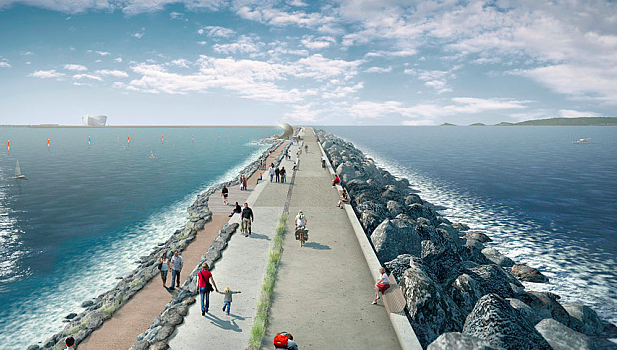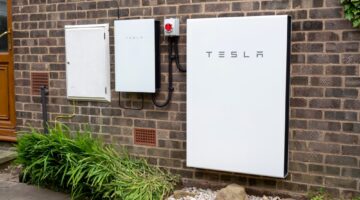
Conservative MPs have overwhelmingly backed a new project planning to harness renewable energy from the sea. A ComRes poll has shown that 83% of Conservative MPs support the Swansea Bay tidal lagoon. This forms a marked contrast with recent measures taken by the Conservative government reducing support for renewable energy in the UK.
What is the Swansea Bay tidal lagoon?
The tidal lagoon is designed to take advantage of the huge tidal range of the Severn Estuary. The technology is actually quite simple; underwater turbines capture the kinetic motion of ocean tides and activate a generator, which produces electricity. It will cost £1billion to build, but will power more than 155,000 homes. If building goes ahead, the plant will be the first of its kind in the world. It is hoped that it will prove the success of the technology, attracting investors to build plants on a bigger scale. There are already five others planned for the UK.
Pros of tidal power
- It is a source that will never run out!
- It produces no emissions.
- It’s reliable and predictable. Swansea’s lagoon will create 14 hours of reliable generation every day.
- Water has 1000 times higher density than air, so electricity can be generated at low speeds (when the tide is not strong).
- The tidal lagoon will provide electricity for 120 years. This is far longer than nuclear reactors, which last an average of 40-60 years before they are decommissioned.
Cons of tidal power
- It can impact on marine life – although these effects are localised, not global.
What’s the delay?
This new support still by no means guarantees the project will go ahead, however. It is still waiting on a marine license before building work can start – there are concerns about potential effects on the aquatic ecosystem. Power production is expected to begin in 2019 but building has already been delayed by one year because of arguments over funding from the Government.
So, this has the potential to be clean, reliable and sustainable long term. It will produce no emissions and have little – if any – negative impact on those living nearby. Will its building continue to be delayed like planned new nuclear plants? If we end up with neither, the UK will be facing a huge energy deficit.
Think we missed something? Do you have a different opinion?
Comment below to get your voice heard…












No Comments yet! Be the first one.